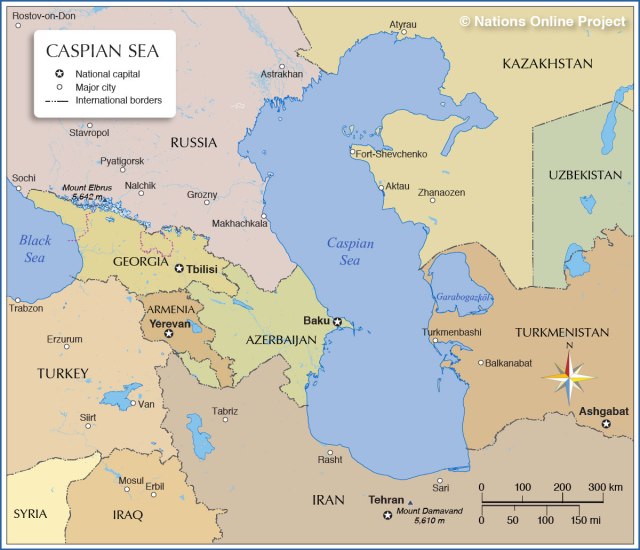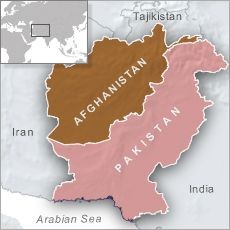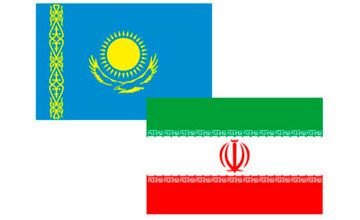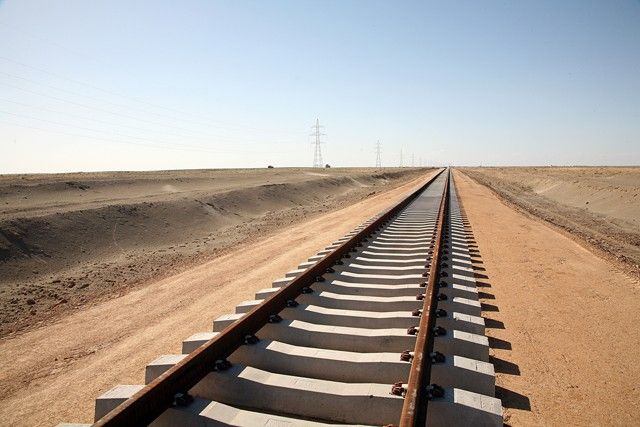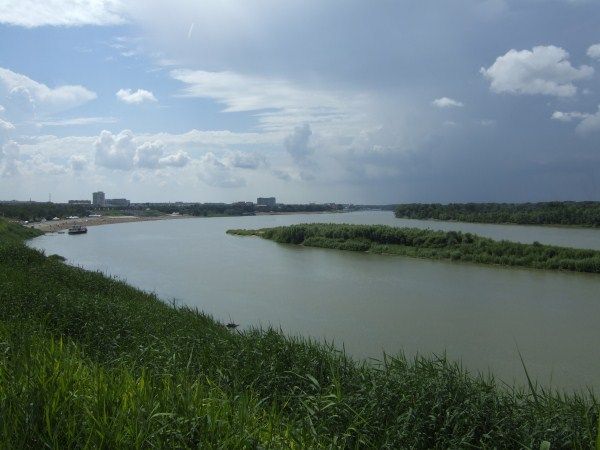NUR-SULTAN (TCA) — Prime Minister of Kazakhstan Askar Mamin and Prime Minister of Uzbekistan Abdulla Aripov, on July 17 in Kazakhstan’s Mangystau region, attended the opening ceremony of the international highway Beineu–Akzhigit–the border of Uzbekistan. Mamin congratulated on the opening of traffic on this international motor road and stressed the importance of the event for the development of the transport infrastructure of Central Asia, increasing trade volumes, and taking advantage of the region’s transit potential, the press service of the Prime Minister of Kazakhstan reported. The opening of this road is a symbol of the intensive development of strategic partnership between Kazakhstan and Uzbekistan, Mamin said, adding that “it is deeply symbolic that this project started in the Year of Kazakhstan in Uzbekistan”. According to the head of Kazakh Government, in recent years, relations between Kazakhstan and Uzbekistan have reached a qualitatively new level and have acquired a steady positive trend. This is confirmed by the annual growth in bilateral trade, which amounted to $3 billion last year. Since the beginning of this year, there has been a positive growth trend. Prime Minister of Uzbekistan Abdulla Aripov spoke about the strategic importance of the event for the two neighboring fraternal countries of Kazakhstan and Uzbekistan. “The successful implementation of this project will give a new impetus to the Silk Road trade flows and the development of our entire region,” said Aripov, adding that “this highway is, first of all, of great importance for the further activation of trade and economic relations between Kazakhstan and Uzbekistan.”


